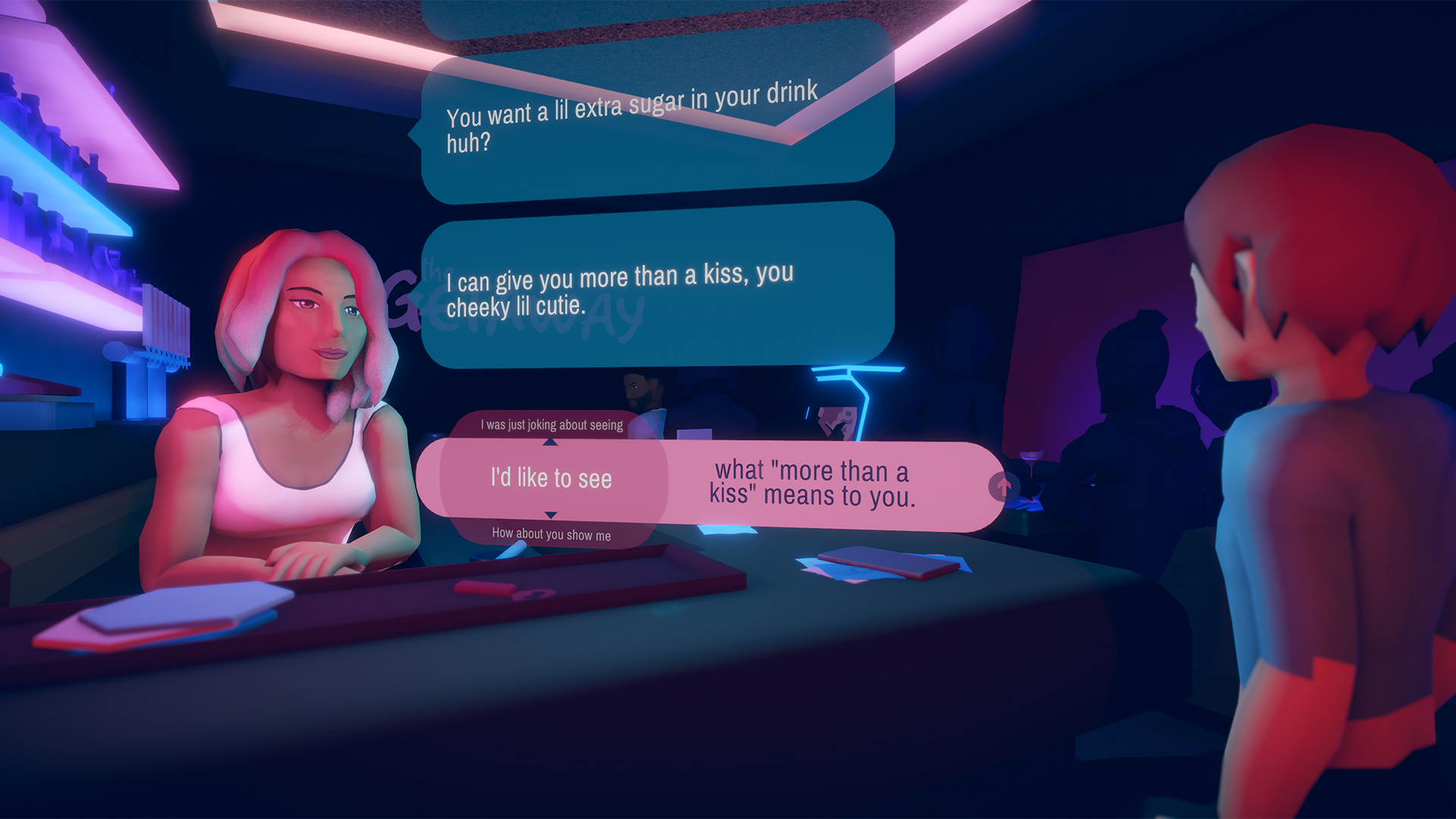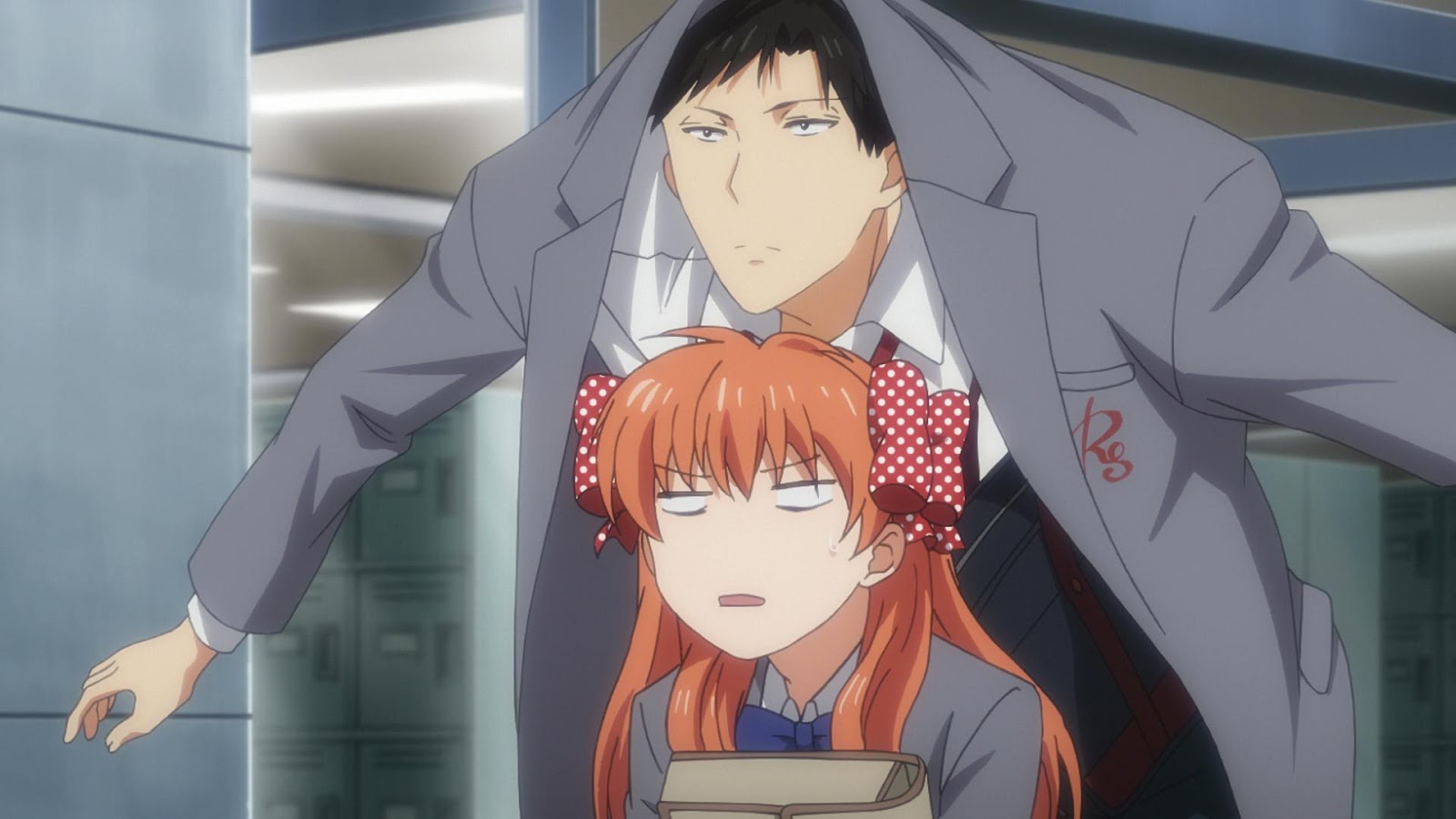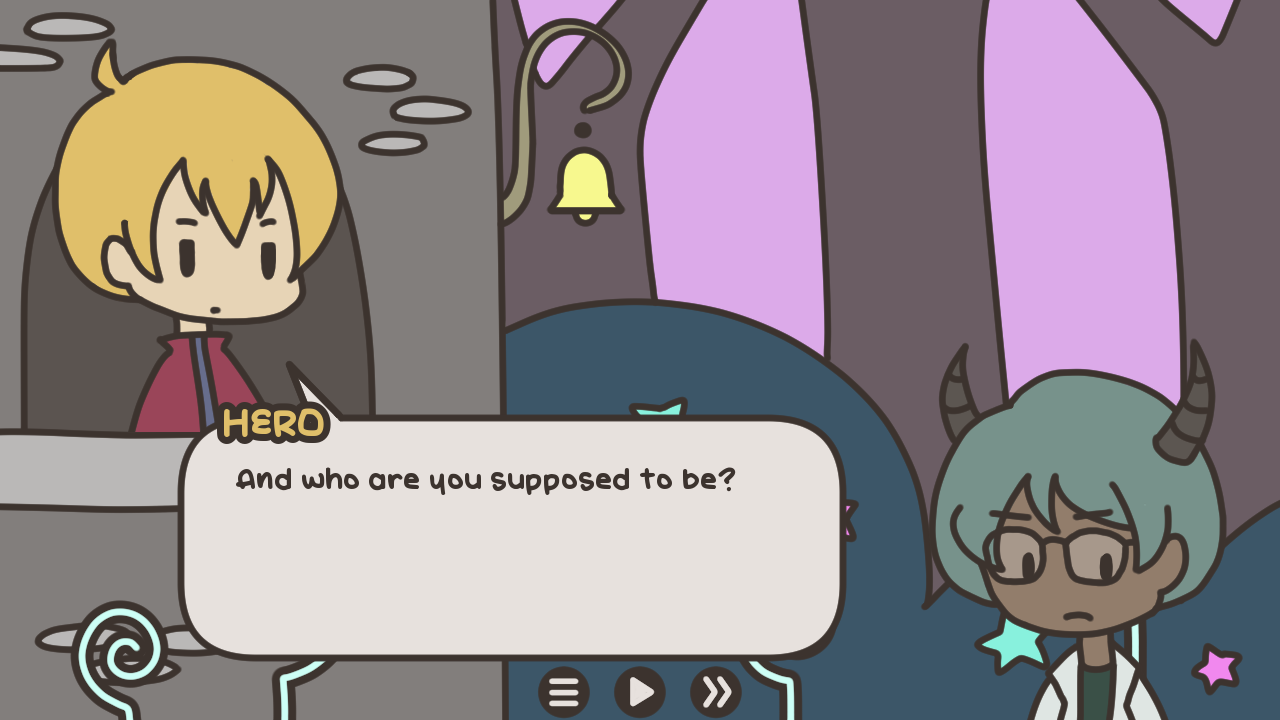We Should Talk is more than a clever conversation system
When I went to grad school one of the first classes I had was about interactive narrative, and while I had an interest in writing for games prior to that class after it I became utterly fascinated by it. For me gameplay systems were very mechanical, working almost like gears where each feeds into the others in order to produce the desired effect, but placed wrong can cause a whole system to seize. Writing and narrative in an interactive medium didn’t as neatly fit into that mold.
You could build a narrative system of course, but even a perfect one would fall apart with bad writing. The opposite of course was also true, that you could have little to no interactivity yet tell an engrossing and compelling tale. You could also have an amazing well written story ruined by a bad system, or a story told purely through gameplay with no text. This dynamic has fascinated me for nearly a decade thanks to developers continuing to iterate and create wholly new systems for telling stories that continue to expand how and what you can do interactively to tell stories. We Should Talk is one of those games.
The best way to describe We Should Talk is probably as a conversation sim. The game involves your character making their usual trip to their local NYC bar after work. While there you end up conversing with the bartender, two other patrons, as well as texting with your girlfriend who is back at home. However the dialogue options aren’t simply a few statements you pick between, rather you are given multiple options for the beginning, middle and end of the sentence.
For example, using this chart below, you might have these options with each column being a different part of the sentence.
This example alone allows you to construct 27 different sentences, which have completely different tones or suggestions to them depending on how you chose to word it. As such We Should Talk doesn’t branch necessarily from the sentence you choose, but rather seems to take into account various factors in what you say and how you say it to determine how the person you are conversing with responds.
From there things seem to split into narrative paths, but the mechanic obfuscates exactly how enough that it becomes readily apparent that you really have to pay attention to how you phrase things if you are looking for a particular outcome. Which, especially in the texts to your girlfriend, really conveys that sense of trying to text chat someone about a precarious subject and spending a lot of thought over the exact phrasing so that it comes out how you wanted it.
On subsequent playthroughs this aspect is more forefront, and begins to make the game more like an investigation game. Just playing it through a second time, with the same goal in mind, led to distinct changes in the conversations and more revealing information just through some slightly different choices in the wording I went with at certain points. But that sense of investigation also comes from the story’s content as We Should Talk isn’t just a clever name for a conversational game, it’s also a signal that this is a game about having to have that “we should talk” moment with someone.
That moment comes towards the end, and on the first playthrough it seems contextual right even if the choices you made didn’t feel like they were necessarily leading to it. Instead of feeling dissonant with the narrative, it gives more of a sense that you just didn’t really understand the character and situation you were playing. Motivating subsequent playthroughs both as a desire to see different outcomes, and to better understand the characters and situation.
The strength of We Should Talk isn’t just in the conversation system they’ve devised, but also in the game’s writing. Just on a surface level of writing all these possible sentence pieces in such a way as they can be stitched together to construct a normal sounding sentence as many times as the game does it is a feat in and of itself. On top of which they also manage to make reactions to those sentences believable, and use all this as a mechanism to explore character and relationship drama.
We Should Talk was developed by Insatiable Cycle, and is available on Nintendo Switch, Playstation 4, Xbox One, Steam and Itch.io (Windows and macOS) for $6.99. It takes about 15 to 20 minutes to finish.




